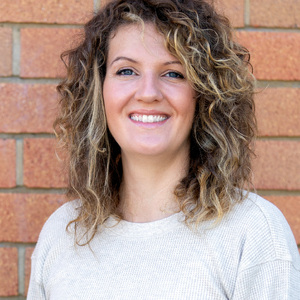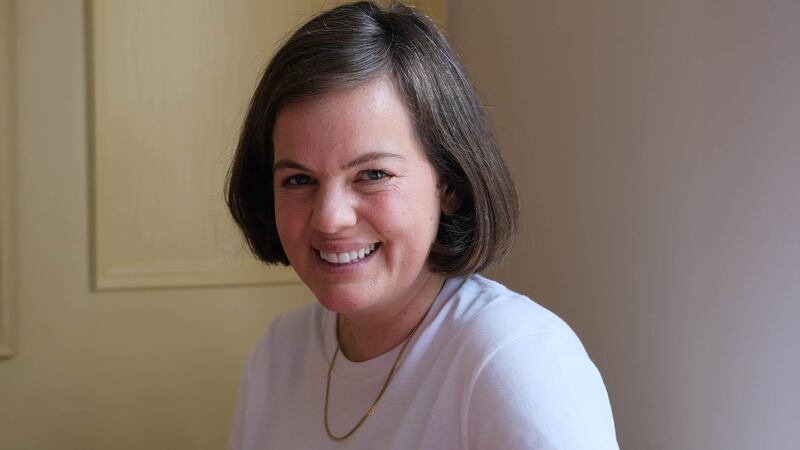You are viewing your 1 free article this month. Login to read more articles.
Why 2024 will sound northern
At last we’re seeing more northern dialects make it to the page.
Two and a half years ago I started a creative writing PhD exploring whether the presence of northern dialect in a fiction manuscript would affect that work’s chances of publication in the UK book industry. That question came out of the countless rejections of my own novel manuscript, many of them solely on the basis that it contained northern dialect. Part of my exegesis (the mini-thesis addressing the research question that runs alongside my creative work) is to explore some "case study" titles – books that have been published that use northern dialect. I started with two very tenuous examples and struggled to find more.
Now, six months out from submission (don’t mention the deadline) I’m hard-pressed to pick just four from a plethora of books. While it’s true that many biases, challenges and barriers to northern writers still exist in the UK book industry – particularly for those writing in dialect – clearly the changes that are being made are starting to take effect.
For me, one of the most telling signs that publishers – particularly the Big Five – are working to engender more regional diversity in their output came when I received an email from Hachette, asking me to edit an upcoming children’s title that contains northern dialect. The novel, Dark Flood by Karon Alderman, uses a strong Geordie dialect right there on the page. It was my job to make sure it was accessible for readers from all backgrounds, while still maintaining authenticity in the written dialect. Due out in July from Orion Children’s, it’s aimed at readers aged nine to 11. And there is my point in a nutshell: if nine-year-olds can read and understand northern dialect, then surely adults can do the same?
It’s heartening to see so many new books containing regional dialect being contracted, published and promoted. But editors and publishers still need to take more chances
Dark Flood is one of just a handful of northern-set books coming out this year that feature northern dialect, not all of them literary fiction or dialect literature. In fact, many are commercial titles that are being marketed as books about identity, or crime, or sexuality, or women’s experience – not just "northern".
This year is the year of the northern voice and everything is kicking off in February. Poet Andrew McMillan’s debut novel, Pity, will be published by Canongate, Sheffield-born writer Ajay Close’s What Doesn’t Kill Us is coming from Saraband, and Jennie Godfrey’s Yorkshire-set The List of Suspicious Things is out from Penguin.
That’s before we get to the honourable mentions from 2023; Julia Rampen’s The Bay (Saraband) uses Cumbrian dialect and Lottie Brook uses Sheffield dialect in her snappy, cost-of-living-crisis rom-com, The Cheap Dates Club (HarperNorth).
There is hope for us yet. In April I spoke to Picador publicity manager Connor Hutchinson as part of my research. He described how his novel had received rejections from publishers because although "the story was there, they said the audience would be too narrow because of that northern voice. I thought they just didn’t like it, but their responses were all so similar. I got an agent because my novel contains northern dialect, but that same reason is why editors aren’t taking it." Eight months on and there’s a happy ending to that particular story, as his debut novel, Dead Lucky (which contains Mancunian dialect), was recently contracted to Corsair.
But as regional dialect starts to make its way onto the page, it brings with it further challenges for authors and publishers. Andrew McMillan mentioned on my "Northern Voices" podcast how the conversations around the voice for the audiobook of his novel, Pity, highlighted some unexpected challenges.
"Dialect and accent aren’t one set thing, so part of our in-depth discussion with the audiobook producer and the brilliant young actor we got were around the nuances of voice. How a Barnsley vowel is different to a Sheffield one, is different to a Leeds one. How accents shift across generations so a character in their 20s will speak differently to a character in their 60s. It’s not simply a decision between "standard English" and dialect, but about how we tune our ear to the layers and layers of voice that exist in any town."
It’s heartening to see so many new books containing regional dialect – particularly from debut authors – being contracted, published and promoted. But editors and publishers still need to take more chances on dialect fiction. Writers don’t use it to confuse and alienate readers (not that it does). They use it to bring authenticity, character and a stronger sense of place to their novels. Leaving aside the skill that it takes to represent that on the page it also increases the diversity of literature because – as with speaking with an accent – nobody does it the same way. Writing in Standard English is fine, but if you truly want to embrace new and exciting voices, then you need to be open to something that goes against that standard.
As we move into a new year, let’s make it a resolution for 2024 and onwards to embrace, enhance and enjoy regional dialects in fiction. And let’s follow Hachette’s lead and bring in regional publishing professionals who can bring authenticity and clarity to these books, to make sure that the full diversity of voices in the UK is fully represented in its literary output.




















